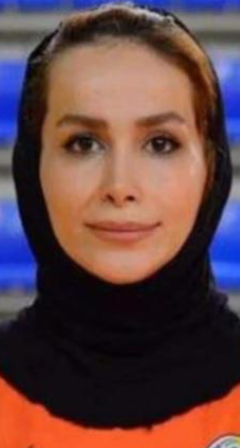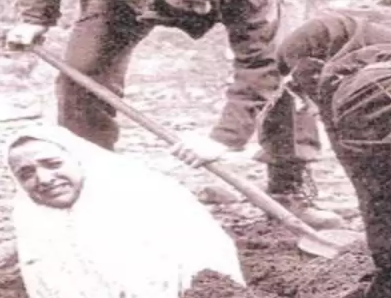December 31, 2021

Three more athletes have defected from the Islamic Republic, adding to the flood of sports figures who prefer to compete for other countries.
The latest defection was of Greco-Roman wrestler Ali Arsalan, 26, who has won four gold medals and two bronzes in Asian tournaments during his career in the 72-kilo weight division. Iran International said he would compete for Serbia now.
Arsalan has not been reported giving any rationale yet for his defection.
In November, Amir Asadollah-zadeh, who has been on the national weightlifting team for 11 years and is a four-time Asian champion in his weight division, defected during the World Weightlifting Championships in Norway. He said he would seek asylum in some European country.

Asadollah-zadeh said he defected because the Iranian Weightlifting Federation required that he wear a shirt that commemorated the late General Qasem Soleymani. He told CNN, “I refused to wear the shirt and they threatened me. They told me that on my return to Iran I would have problems, that I would be treated as someone who is against the regime and that my life could be in danger.”
In December, A few days earlier, Shaghayegh Bapiri, a female handball player, walked out while at a tournament in Spain, abandoning a $50,000 deposit she had been forced to make to guarantee she would return home.
She said she defected for many reasons, including the fact that she feels put down because she is Sunni and a Kurd, objects to having her social media posts monitored and finds the dress code impedes her athletic performance.
Bapiri, 30, has been a constant fixture on the Iranian women’s national handball team and at the Iranian government-funded Sepahan Club since 2015 and was one of Iran’s most experienced players at this week’s 25th International Handball Federation Women’s World Championship in Spain.
On December 15, she left the Sercotel Sorolla Palace Hotel where the Iranian team had been staying in Valencia and announced her intention to seek asylum. The other members of Iran’s national women’s handball squad left Spain the next day without Bapiri.
In her first interview after defecting, she told the Voice of America (VOA) that “restrictions imposed” on the women’s sport in the Islamic Republic led to her decision not to return home.
This means her family will likely have to forfeit the 15 billion rials ($50,000 at the current open market exchange rate of 300,000 to the dollar) she was forced to put up as collateral before she was allowed to leave Iran. “If there was no hefty collateral, no one would return,” she told VOA.
Bapiri talked about “insurmountable pressures on women’s sports. There are a lot of discrepancies between male and female sports in Iran.… This difference I cannot accept.”
The squad’s top scorer mentioned that, just before the tournament, she was reprimanded by Iran’s handball federation for a “like” on an Instagram story that was critical of Iran taking part in the Spain tournament. She also said the mandatory headgear required by the federation was an obstacle to her performance.
“In our first match, my hejab was pulled by the competition. The federation official yelled at me after the match. I had no control over it. I cannot accept to be treated as such by the federation,” she told VOA.
In Spain, Iranian Handball Federation President Alireza Pakdel denied the accusations made by Bapiri. In an interview with VOA Persian, Pakdel said the athlete’s actions “put all the Iranian female athletes at risk of not being sent to international competitions.”
There have been a number of Iranian athlete defections before. Mina Alizadeh, a former member of Iran’s women national rowing team, defected in 2010. Olympian medalist Kimia Alizadeh, no relation to Mina, did not return home after leaving Iran on a tourist visa. The athletes’ families are still living in Iran.
Bapiri was born in Sanandaj, capital of Kurdistan province. She described abuse she has received for being part of Iran’s Sunni Muslim minority and an ethnic Kurd.
“If you’re a Kurd and Sunni, you get a different treatment in Iran. You’re constantly ridiculed for being a Sunni. I cannot take that anymore. I am a human being,” she said.
Bapiri told VOA she plans on pursuing her education without feeling the pressure of being constantly monitored or harassed about what she posts on social media.



















